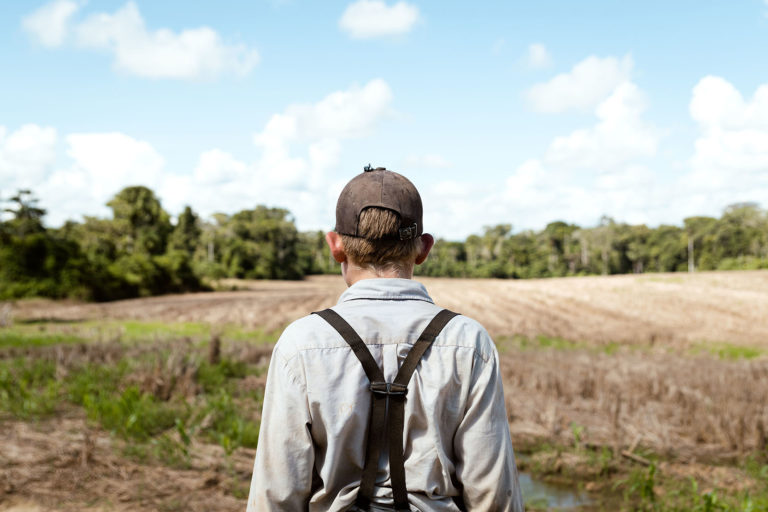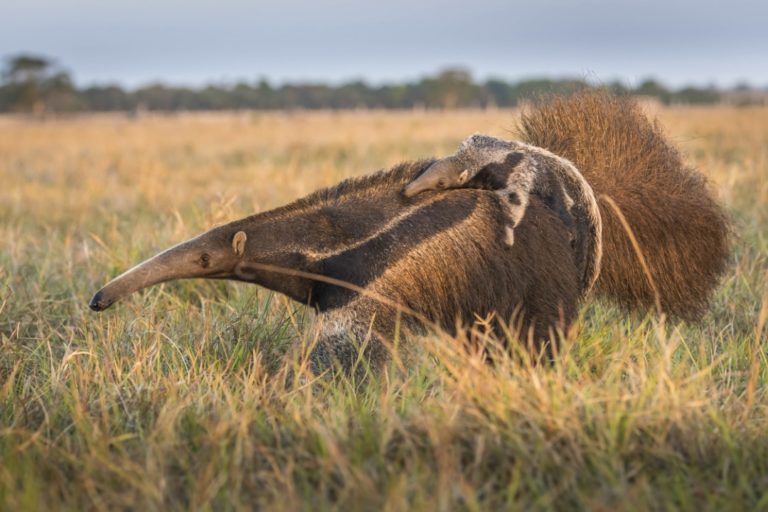A veteran Australian forestry scientist has launched a blistering attack on his professional association after it used the retraction of a scientific paper to dismiss links between logging and increased bushfire risks.
In an open letter to the Institute of Foresters Australia seen by Guardian Australia, Dr John Dargavel said the institute’s reaction “damages our standing” and “demeans all foresters in the public eye”.
Dargavel, who is retired but remains an associate professor at the Fenner school of environment and society at the Australian National University, got his first role in forestry in 1956 and has edited and written books about the history of the profession in Australia and the world.
The institute says it has about 1,000 members, and describes itself as a “professional association for foresters, private forestry, commercial tree growing and all forestry professionals”.
Dargavel wrote: “We cannot afford to continue to present ourselves as a blustering, reactive, negative profession, when the heart of forestry offers positive hope for the future.”
Earlier this week the institute said it was seeking an apology “over the standard of the [University of Tasmania’s] review process” after the research, produced by three university scientists, was withdrawn.
Its president, Bob Gordon, also claimed the paper was retracted after third parties had contacted the journal. However, the journal’s editor told Guardian Australia the researchers had asked the journal to withdraw the paper.
The research paper had examined satellite images of Tasmania’s Huon Valley before and after fires in early 2019, but a mistake was made in categorising the types of trees burned – some of which were in plantations and not native forests.
The withdrawal prompted a flurry of public statements from politicians and logging industry groups attacking the scientists.
Tasmania’s resources minister, Guy Barnett, and the Australian Forest Products Association both claimed there was a “scientific consensus” that there was no link between logging and the risk of more dangerous bushfires – an assertion rejected by some experts.
Dargavel wrote that “some of the institute’s public commentary debases our standing as an independent professional association”.
Its attack on the university “is negative and repeats the carping, anti-academic tenor of several of the [institute’s] media statements of recent years”.
The institute’s focus on the university was misdirected: “Journals, not universities, run the review process for articles.
“Asking the university for an apology is pointless because academics have individual freedom to publish. No doubt the authors are already mortified that they had made an error. They and the journal acted correctly in retracting the paper.”
Dargavel said he felt the institute was taking “an incredibly negative approach” and was alienating a public that it should be trying to connect with”.
He sent his letter to the institute’s chief executive and Gordon with a request it be disseminated to members.
Responding to the letter, the institute said: “While we thoroughly respect the right of members to express their view, we stand by our comments.”
Prof Rod Keenan, chair of forest and ecosystem science at the University of Melbourne and an institute member, described Dargavel as an “elder statesman” for forestry science.
He had read the letter and agreed the institute should be pushing for more science on the relationships between forestry and bushfires.
“I support [Dargavel’s] call for a focus on the science,” he said, adding the institute was better to focus on those issues rather than political conflict.


